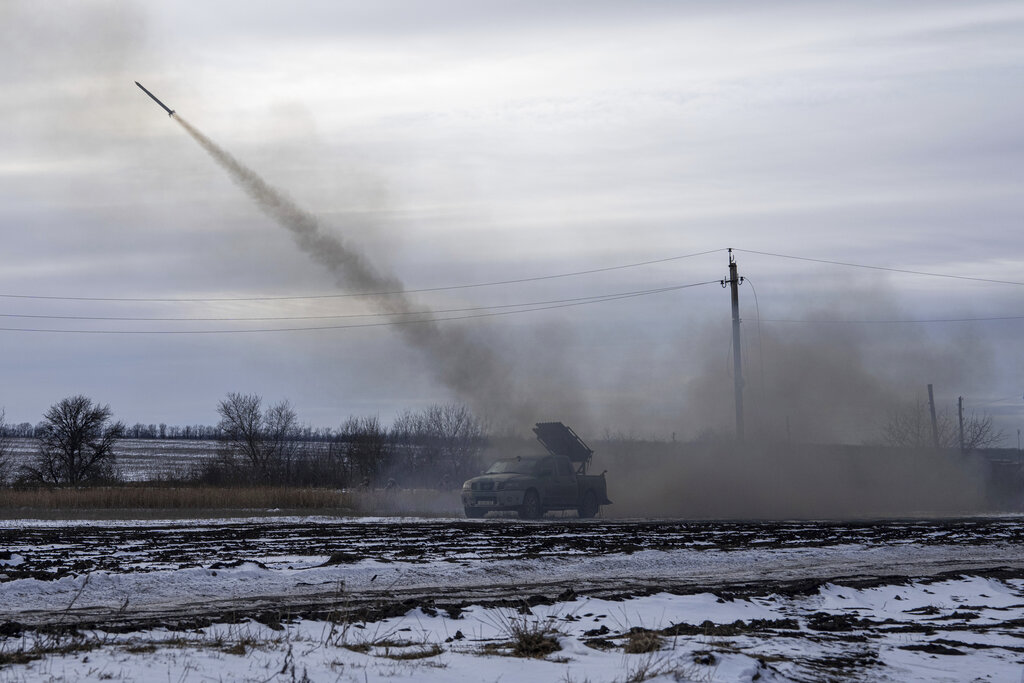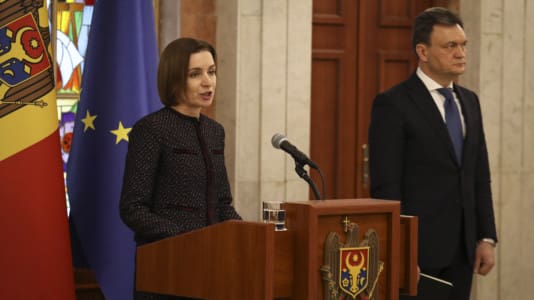A recent study by U.S. think tank RAND clearly indicates that any attempt at continuation, let alone escalation, of the war in Ukraine, is counter-productive for the American empire, with RAND arguing it’s time to negotiate.
It is obviously a “coincidence” that as a “follow-up” to this RAND report, a U.S. investigative journalist with a prestigious track record, Seymour Hersh, made it clear with a very detailed report that U.S. President Joe Biden ordered the explosive sabotage operation to destroy the Nord Stream pipelines
Let us add that the U.S. president is generally an insignificant puppet, and the current puppet is a demented old man who is already incapacitated, so the ordering and discreet assistance of Hersh’s “investigation” in this case must have come from the very inner circles of the U.S. empire, and even the global power superstructure that acts as the “supervisor” of the U.S. empire. It also clearly indicates that there are serious tensions within these various structures that govern the world about how to proceed in the case of Russia and Ukraine — whether the war should be ended or escalated.
One of the most significant findings of the RAND study is that the typical win/loss formula applied to wars does not really apply here in a meaningful way. In reality, the two biggest nuclear powers in the world are facing each other in this conflict. Ukraine is only contributing its territory and “human resources” to this “proxy” war, while, in reality, it is not the main player. If one of the nuclear powers wanted to achieve total victory, it would mean total destruction of the world, and neither side wants that.
The only realistic scenario is therefore a ceasefire, followed by peace negotiations, which after more than 40 years of Yalta and more than 30 years of “post-Yalta,” could lead to a peace settlement that would hopefully also last for several decades. The RAND analysis further indicates, of course, that neither side has yet really given up its ambition, or at least the appearance of it, of total victory, which has significantly raised the stakes and the potential for a dramatic outcome.
RAND is understandably very cautious but makes it clear that the U.S. empire must acknowledge that it cannot bring about “regime change” in Russia, let alone provoke the break-up of Russia. It must therefore be content with having made the existing system of Russian-German cooperation impossible for a very long time, thereby weakening both parties.
If the U.S. can recognize this and appreciate it, the conditions for peace will become possible. This could even be the basis for a new, long-lasting system of peace. Let us hope.






